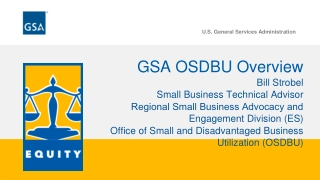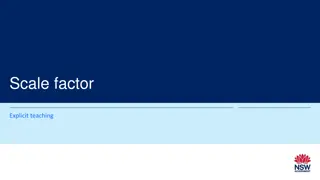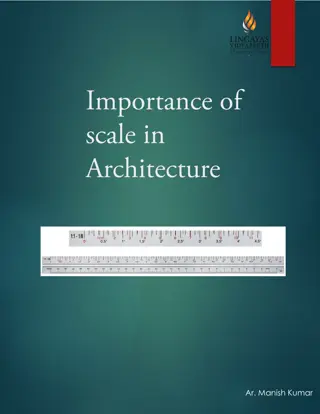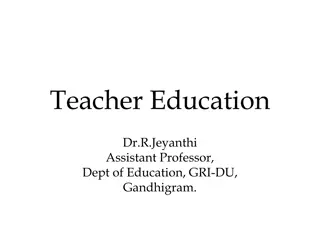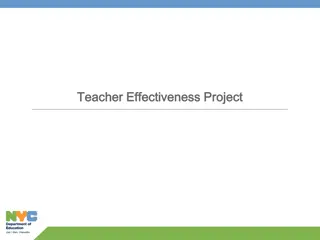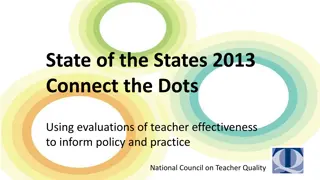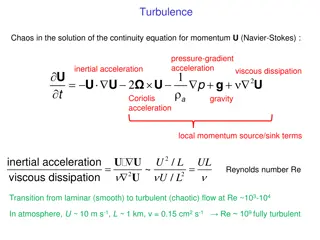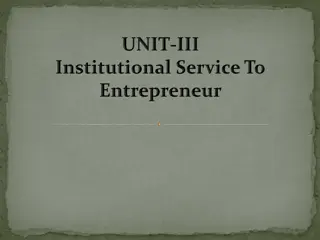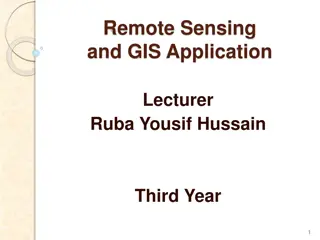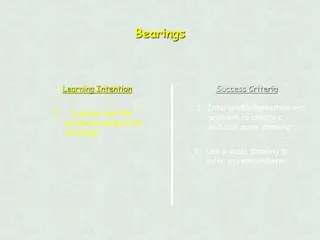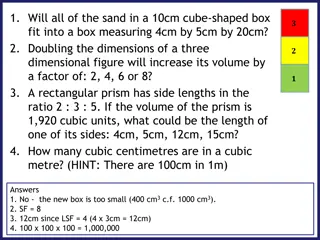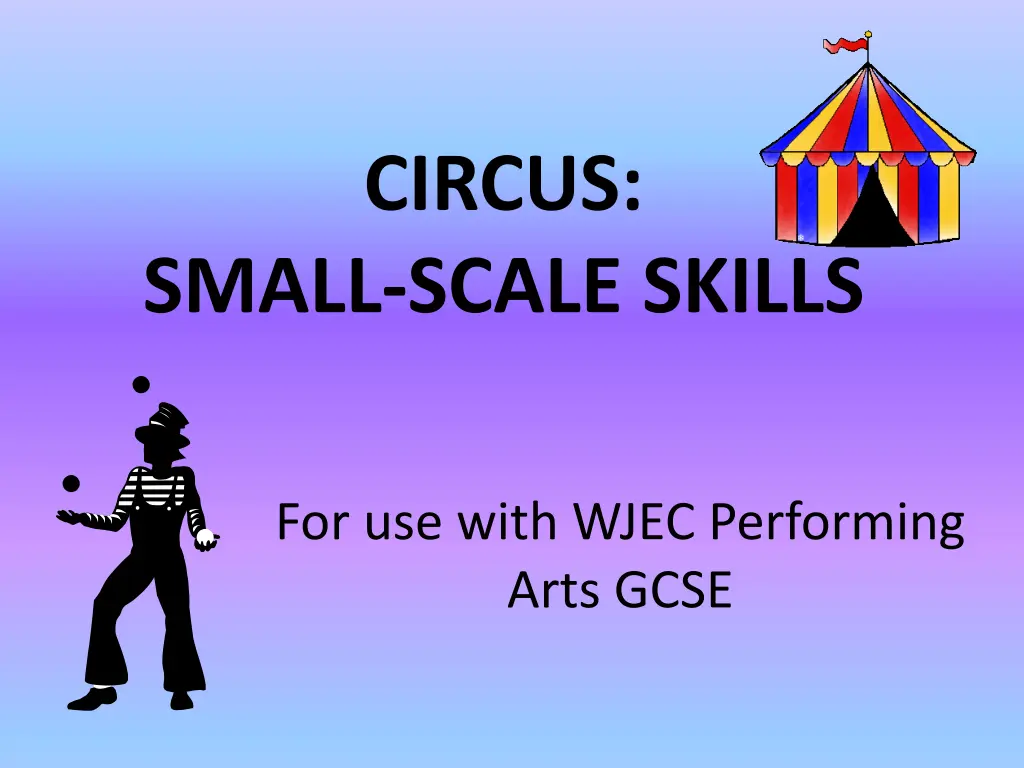
Small-Scale Circus Skills and Games
Enhance your performing arts GCSE skills with small-scale circus activities including physical warm-up games, coordination games, focus games, flower sticks mastery, and poi techniques. Experience fun and engaging circus-themed exercises designed for learning and enjoyment.
Download Presentation

Please find below an Image/Link to download the presentation.
The content on the website is provided AS IS for your information and personal use only. It may not be sold, licensed, or shared on other websites without obtaining consent from the author. If you encounter any issues during the download, it is possible that the publisher has removed the file from their server.
You are allowed to download the files provided on this website for personal or commercial use, subject to the condition that they are used lawfully. All files are the property of their respective owners.
The content on the website is provided AS IS for your information and personal use only. It may not be sold, licensed, or shared on other websites without obtaining consent from the author.
E N D
Presentation Transcript
CIRCUS: SMALL-SCALE SKILLS For use with WJEC Performing Arts GCSE
Game One Physical Warm Up Game Clap Action Find your own area within the space. The leader of the class claps once, then everyone decides on physical exercises to be done with this number of claps: e.g. one clap = star jumps. Decide on four different physical exercises, then the leader claps once for the first exercise, twice for whatever exercise was chosen for two claps, three times for whatever exercise was chosen for three claps and four times for whatever exercise was chosen for four claps.
Game Two Co-ordination Game Throw and Catch Circle Stand in a circle with one juggling ball in your left hand and an empty open right hand. After the count of three, (one, two, three, throw) everyone throws the ball from their left hand to the open hand of the person to your left, and you catch the ball coming from your right with your right hand, so that your left hand is now empty and your right hand is holding a juggling ball. Try not to drop the ball. Swap directions. Repeat a few times in both directions.
Game Three Focus Game Samurai Stand in a circle. The starting person raises their hands together straight above their head, then makes eye contact with another person in the circle and sends the swipe to them hands down, like chopping a pumpkin with a samurai sword (with samurai sound effects). Then the person who has received the chop raises their hands. Those on either side of the person who has received the chop quickly do a sideways chop on the person who has received the chop (no physical contact to be made). Then these actions are repeated. Knockout can be played if you hesitate or chop when you are not supposed to.
Skill One Flower Sticks Idle: tap the stick back and forth with hands or sticks. Make sure you have mastered this on the floor before lifting it up. Picking up: practise picking the flower stick up, starting with both hand sticks and experiment with different ways of picking up. Flips: practise flips in both directions and throw at different heights.
Skill Two Poi Planes: work on as many different planes as possible both ways. Grip: experiment with different lengths of poi when practising. Movement: practise turning and splitting the times of the poi as much as possible to prepare for more advanced tricks.
Skill Three Juggling Starting hands: practise throwing the first ball from each hand and catch two in one hand, starting with each hand separately. Height: practise throwing the juggling props at different heights to gain more control of your throws. Tricks: break trick down to most basic form and master it, start with one prop then gradually add more props.
Advanced Skills and Progression After spending a little time running over the basics, your teacher will have a chat with you to see what new tricks you would like to learn and offer advice on what techniques are best to practise. Focusing on one new trick for a session often means you will be able to achieve it by the end of the lesson, and you will feel fulfilled.
Basic Routine Creation Routine creation is an essential part of circus performing, so learning the basics now is a very good idea. Perform the tricks you are comfortable with first and finish with the new trick you have been practising in that session.
Show What You've Learnt Performing regularly in front of an audience is also essential as you learn circus. Do a small show at the end of each session where you take it in turns to perform solo, in duos or in groups. This will dramatically improve your stage presence and help reduce nerves in future. It is important to be very supportive of all your fellow learners in this part of the session.


